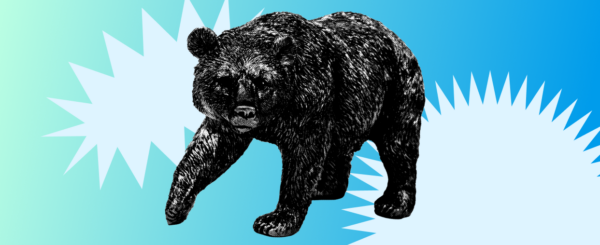Oct 10, 2017
Nudge, Nudge: Nobel Prize Winner Tackles Irrational Financial Behavior
Thaler studies the irrationality and unpredictability of the human mind when it comes finances.

Guess what: In addition to being really busy, you’re probably lazy, absent-minded, and overconfident. And because you are these things, you don’t always behave rationally, and you’re likely to make big mistakes when it comes to investing and planning your financial life.
Don’t take it it personally! It turns out that nearly everyone behaves the same way.
“My mantra is if you want to get people to do something, make it easy and remove the obstacles.”
Those are some of the takeaways from Richard Thaler, who won the Nobel Prize on Tuesday for his groundbreaking work in behavioral economics. Behavioral economics studies the irrationality and unpredictability of the human mind when it comes to finances and financial systems.
You need a nudge
Thaler has focused specifically on people’s tendencies to overvalue the things they already own, to seek fairness in their commercial transactions, and their need for external “nudges” to get them to behave rationally in their financial lives, among other things.
“My mantra is if you want to get people to do something, make it easy and remove the obstacles,” Thaler said in video posted Monday by the University of Chicago Booth School of Business, where he teaches economics.
Traditional economists have built their models assuming that people always respond rationally to financial circumstances and stimuli. Thaler disagrees.
Richard Thaler’s Nobel prize-winning work (A quick explainer):
Short term goals. The human mind is primarily focused on short-term gains and usually tries to gratify short-term wishes and whims. That helps explains why people have a hard time planning for their financial future, whether it’s saving money for a house, or putting cash away for retirement.
People tend to overvalue what they already have. This creates something that economists have termed the “endowment effect”. In one famous experiment that Thaler conducted, he randomly gave one group of students coffee mugs, worth around $3. He set up a marketplace to enable the owners to sell their mugs to another group of students without mugs. The mug owners tended to value their much more than those who did not own mugs, and would only part with them for more than twice the original price.
Loss aversion. People also have an aversion to loss. And that aversion helps explain why people do things like hold onto single stocks after their prices has plummeted in value, rather than selling their shares.
Instinct toward fairness. Humans have an instinct toward fairness in commercial transactions. It explains why people would rather get wet than purchase an $8 during a rainstorm, when they know that umbrella typically sells for $5.
Stash Learn Weekly
Enjoy what you’re reading?
[contact-form-7 id="210" title="Subscribe" html_id="default"]“Nudging” toward retirement?
We all need nudges to behave more rationally, particularly when it comes to saving for retirement. Thaler’s work led the United Kingdom in 2012 to require private employers to automatically enroll workers in retirement plans, letting workers opt out of the plans if they wanted to.
The strategy resulted in a 90% participation rate in private retirement plans, in contrast to the 60% rate usually achieved. Auto-enrollment has now become the norm for work-sponsored retirement savings plans in the U.K. and the U.S..
‘Irrational’ plans for $1 million Nobel prize
The Nobel Prize, which is awarded in Oslo, Norway, comes with a $1 million check.
Thaler, 72, told the New York Times he hopes to spend his prize money, “as irrationally as possible.”
In addition to co-writing a best-selling book Nudge, with Harvard Law School professor Cass Sunstein, Thaler appeared in the 2015 film “The Big Short.”(He was the guy explaining how derivatives in the mortgage industry led to the financial crisis of 2008)
Thaler is credited with developing behavioral economics with psychologist Daniel Kahneman, who won the Nobel Prize in economics in 2002.











